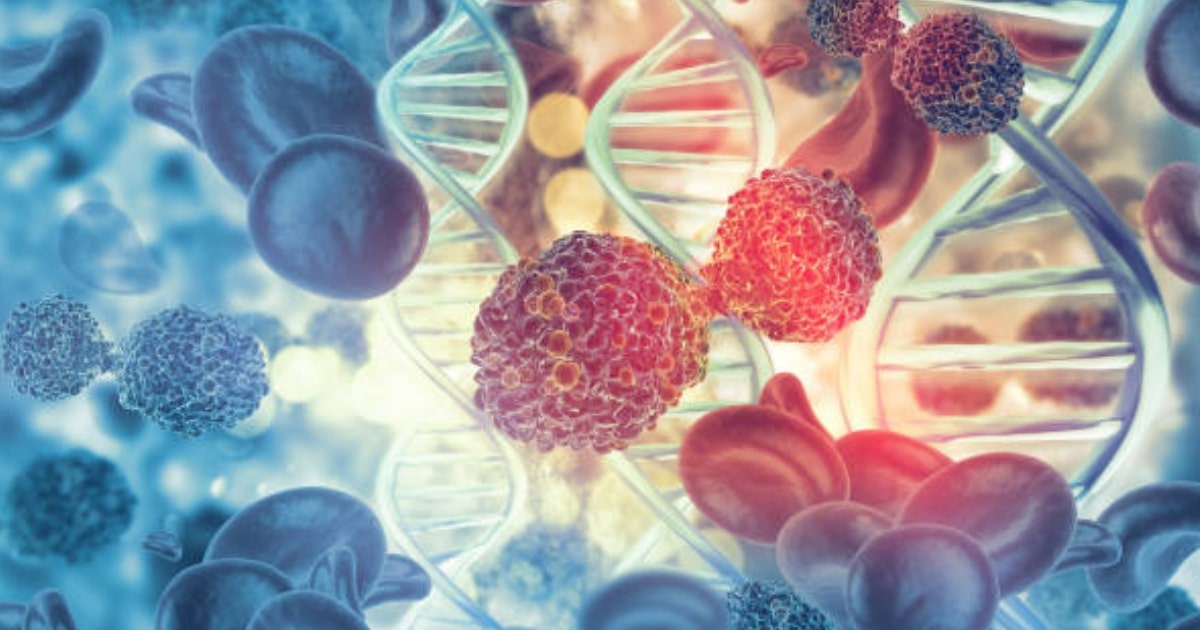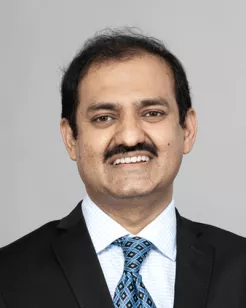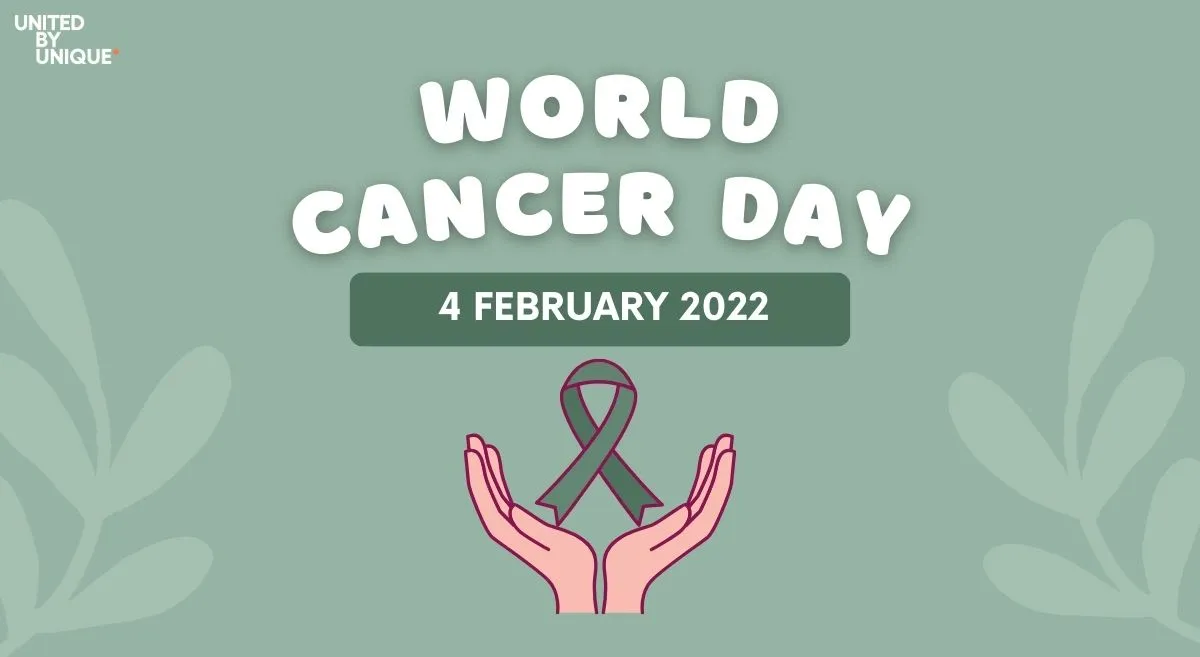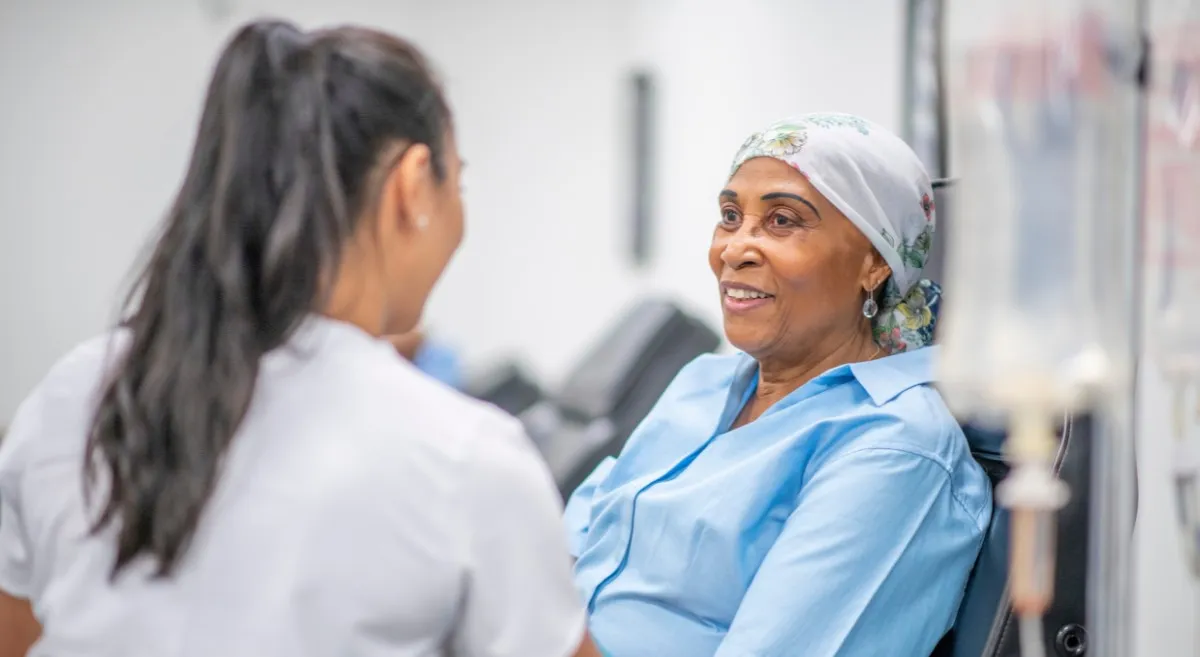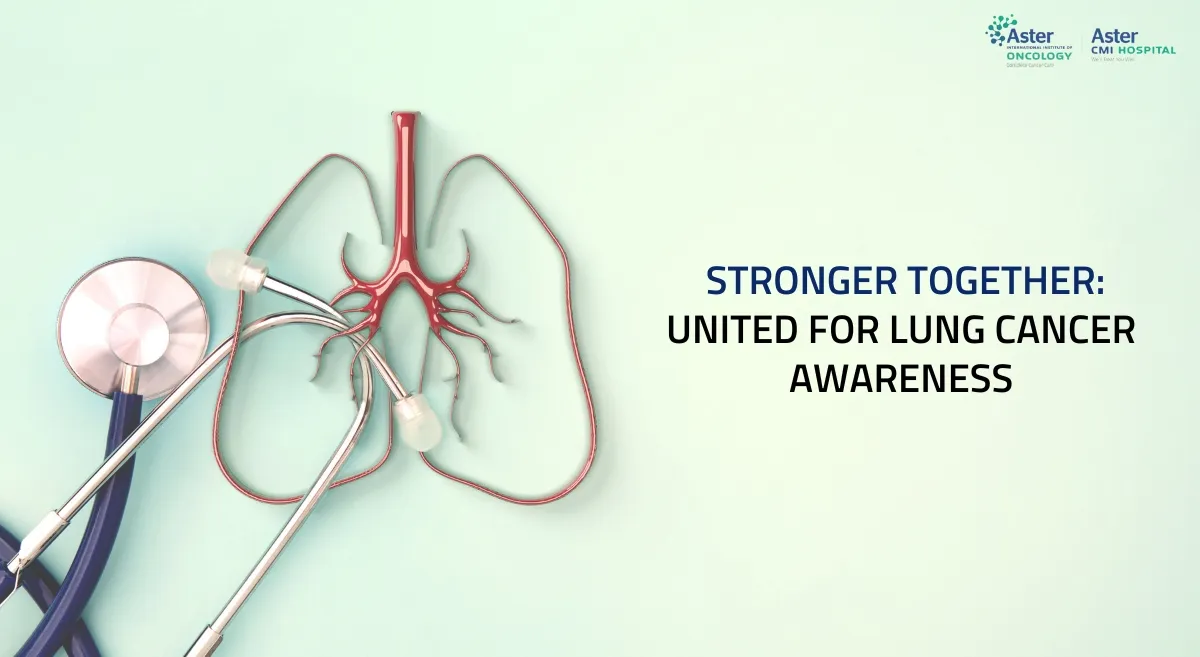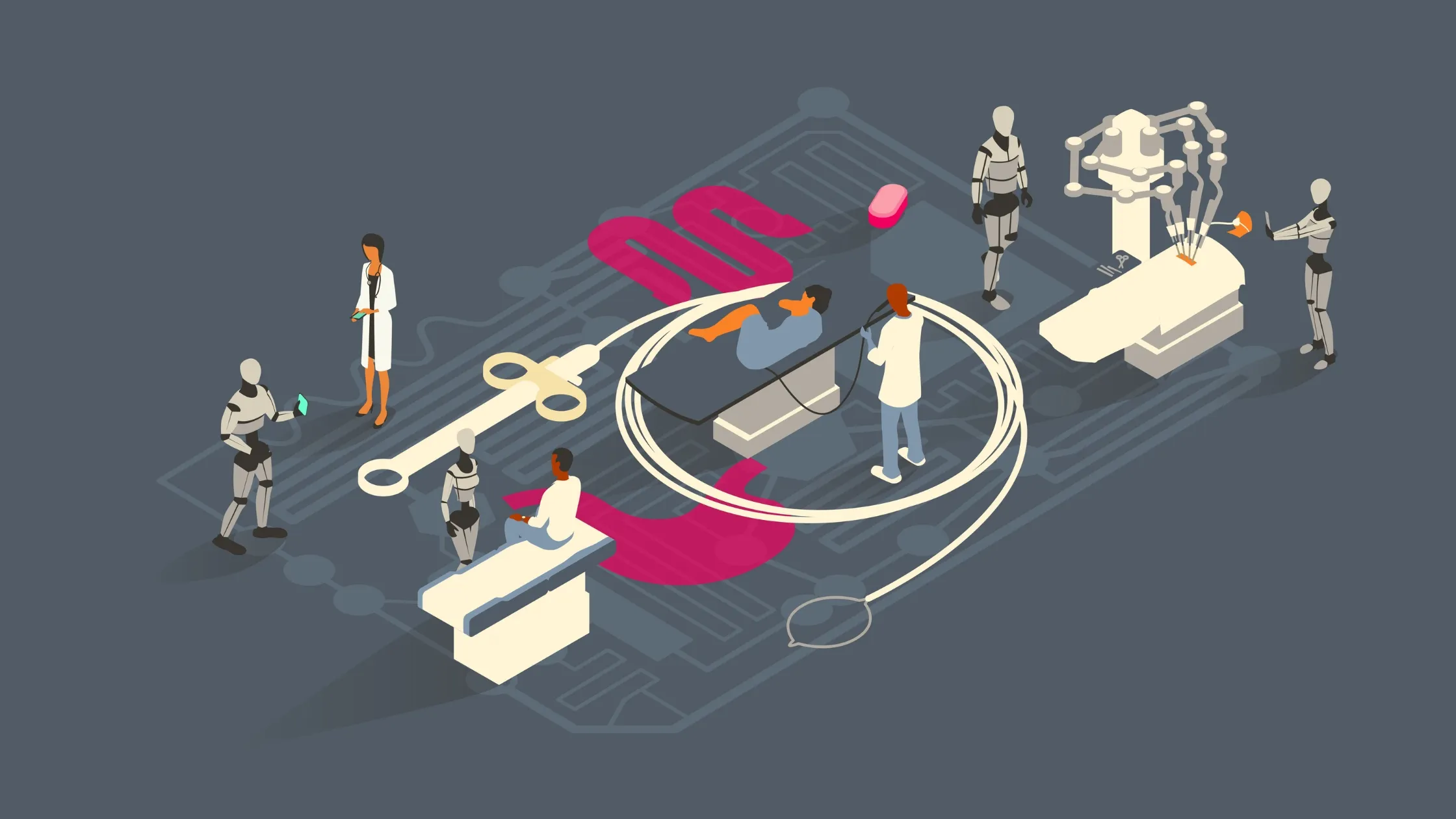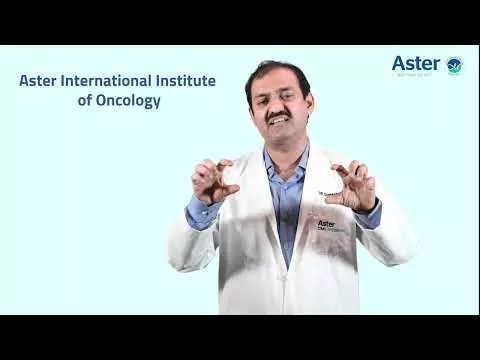Introduction:
Cancer, a formidable adversary in the realm of health, has intrigued scientists and researchers for decades. While external factors like lifestyle choices and environmental exposures play a significant role in cancer development, there is another crucial player in this complex puzzle: genetics. This comprehensive blog delves into the intricate world of genetics, exploring how our genes can influence our susceptibility to cancer and what steps we can take to prevent its onset. By understanding the genetic underpinnings of cancer, we empower ourselves to make informed decisions about our health and well-being.
The Genetic Blueprint: Unveiling the Basics:
Our genes, composed of DNA, serve as the blueprint for our bodies. They contain the instructions for the growth, development, and functioning of our cells. However, sometimes, changes or mutations can occur in our DNA that disrupt these instructions, potentially leading to abnormal cell growth – the hallmark of cancer. These genetic alterations can be inherited from our parents or acquired over a lifetime due to various factors, including exposure to carcinogens, radiation, or errors during cell division.
Inherited Genetic Mutations and Cancer:
Some individuals carry genetic mutations that significantly increase their risk of developing certain types of cancer. These mutations are typically inherited from one or both parents. Two well-known examples of inherited cancer risk genes are BRCA1 and BRCA2, which are associated with breast and ovarian cancers. If a person inherits a mutated copy of one of these genes, their lifetime risk of developing breast or ovarian cancer is substantially higher than that of the general population. Identifying such inherited mutations through genetic testing allows individuals to take proactive measures for early detection or risk reduction.
Acquired Genetic Mutations and Sporadic Cancers:
While inherited genetic mutations contribute to a small percentage of cancer cases, most cancers are sporadic, meaning they arise from acquired genetic mutations that occur over time. These mutations can result from exposure to carcinogens like tobacco smoke, UV radiation, or simply random errors during DNA replication. The accumulation of these mutations can lead to uncontrolled cell growth and the development of cancer.
Genetic Testing and Risk Assessment:
Genetic testing is a powerful tool that can help individuals understand their genetic predisposition to cancer. It involves analyzing specific genes to identify mutations associated with an increased cancer risk. Genetic counseling often accompanies such testing, providing individuals with insights into their risk and guidance on preventive strategies. Testing can reveal not only inherited mutations but also acquired mutations, helping healthcare providers tailor surveillance and prevention plans.
Cancer Prevention Through Genetics:
Awareness of one's genetic risk empowers individuals to take proactive steps in cancer prevention. For those with an increased risk, preventive measures may include more frequent cancer screenings, lifestyle modifications, and, in some cases, risk-reducing surgeries. Early detection remains a
cornerstone of effective cancer management, and genetic information can guide healthcare providers in optimizing surveillance strategies.
Conclusion:
The role of genetics in cancer risk and prevention is undeniably significant. While genetic mutations can elevate an individual's susceptibility to cancer, they do not determine one's fate. Armed with knowledge about their genetic profile, individuals can make informed decisions about their health, engage in regular screenings, adopt healthier lifestyles, and take advantage of emerging genetic therapies. The synergy between genetics and cancer research continues to unlock new possibilities for understanding, preventing, and treating this complex disease. As science advances, our ability to harness the power of genetics for cancer prevention and management will only grow stronger, offering hope and new horizons in the fight against cancer.
